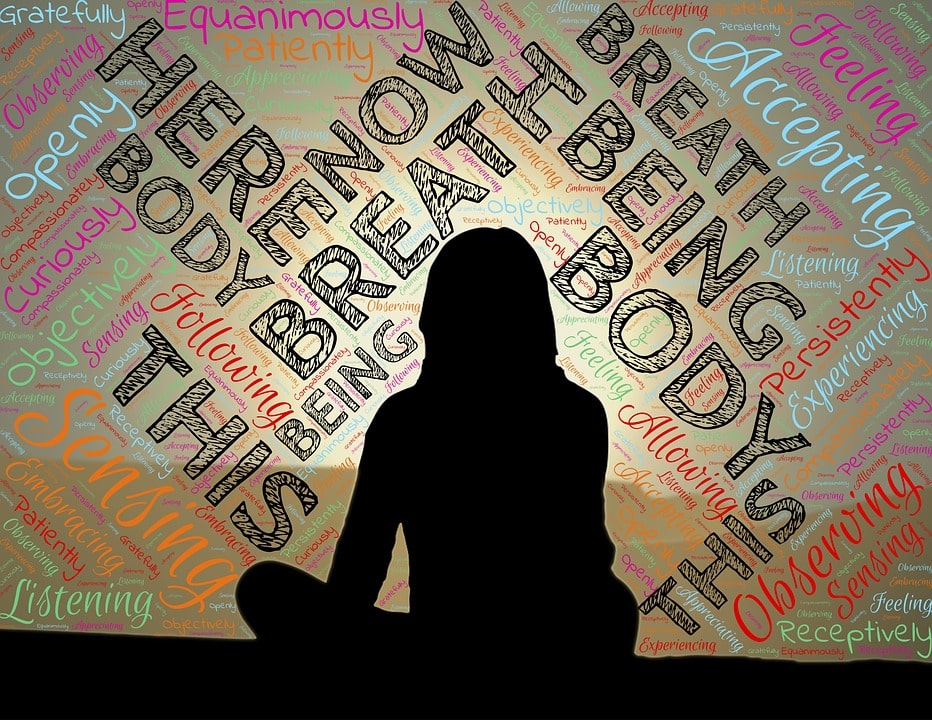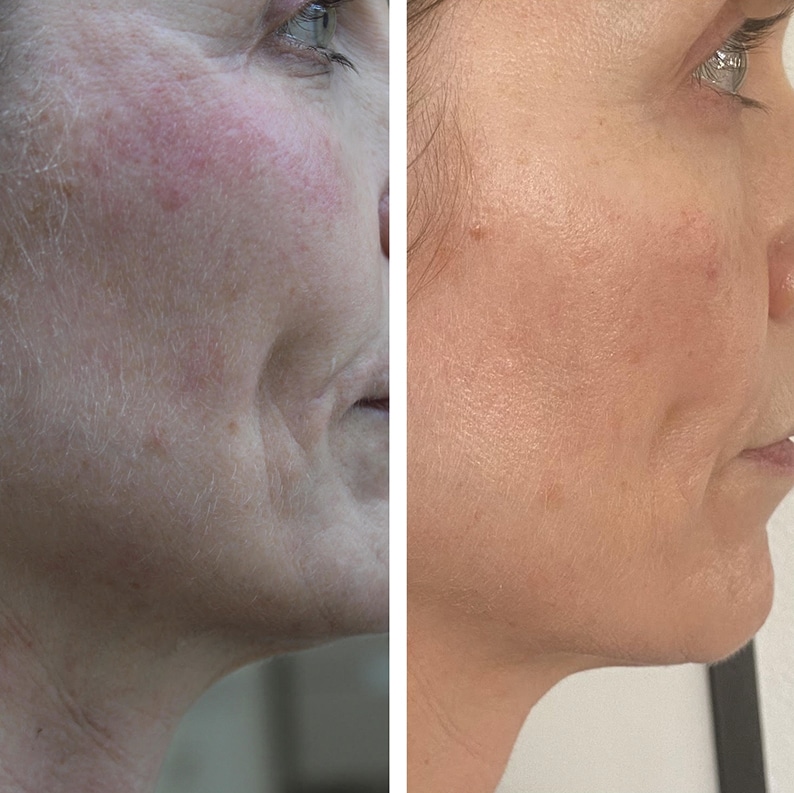
This is not an easy time for any of us. I am sure that many of us had hoped or imagined that we would be in a very different place by now, but instead we find ourselves, in these early days of 2021, in the midst again of a rapidly evolving situation with regard to Covid-19. And, unfortunately, that is our reality in this present moment. It reminds me of a conversation I had about mindfulness a couple of years ago. Someone I know was having a hard time and asked me, “What’s so great about the present moment?” I can certainly understand the rationale behind the question, yet, the present moment is all we have, and, though we are facing many difficult moments these days, it is by staying, or ‘being with’ the present moment, however hard it might be, that we can be here for the best of our lives too, present for all the joy that we can miss out on when we’re living our lives on autopilot.
There is a lot going on in the world just now and we may well be feeling anxious, overloaded, depleted or exhausted. Finding new ways to mind ourselves during this crisis is vital. How are you taking care of yourself and minding your physical and mental health? Are you feeling resourced and supported? I have no doubt that the skills of compassion-based mindfulness can help resource and sustain us through this pandemic, along with supporting us to manage all our other everyday issues and challenges that have not gone anywhere.
It is human nature to want to be happy and to distract ourselves from unpleasant occurrences, people, situations or events. No one wants to feel bad, so we tend to push away what we consider to be negative thoughts or emotions and perhaps deny or bury them. These strategies may provide temporary relief but tend not to work in the long run. We can support ourselves in a more sustainable way by practising mindfulness meditation, often compared to training the mind to gently come back, to stay, to be present, here, now.
The definition of mindfulness that I work with is Rob Nairn’s ‘knowing what’s happening, as it’s happening, no matter what it is’. This means sitting with the present moment, gently facing into it, whether it’s joyful, exciting, difficult, challenging or even painful. This is a new and quite radical concept for us, as we are so conditioned to distract ourselves with activities that we perceive to be more pleasant than the present moment, when we are feeling any kind of emotional discomfort or having difficult thoughts.
Learning to live in the present moment helps us to process things as they’re happening, for example, our thoughts, emotions and physical sensations, so we can gently pull ourselves back from catastrophic thinking and the multitude of ‘what if’s’ that can flood the mind in seconds. By practising meditation, we get to know our minds and bodies a bit better. We learn to rest and recalibrate, allowing ourselves some time and space to notice and process what’s happening in our minds and bodies. We notice habitual patterns of thinking, we can ‘be with’ emotions and learn, over time, to respond rather than react to stressors. Our mindfulness muscle may be weak at the beginning, so we start small, taking it step by step, going easy on ourselves. As these skills grow stronger, they can be applied to our everyday lives. Then we can bring mindfulness to everyday activities, like taking a shower, swimming, walking, eating, speaking and so on.
I recommend practicing ‘both’ formal mindfulness meditation and the more informal mindfulness in everyday life and would encourage you to keep an open mind about trying out mindfulness meditation. It helps us to cultivate qualities like patience, kindness and endurance, all very helpful during this pandemic. So, even if you’ve tried mindfulness meditation before and found it hard to sit with yourself, would you be open to trying it again? It is described as a simple practice but not easy. My view this New Year is that every day is different, every breath is new and, no matter our circumstances, we can allow ourselves permission to try something new. The beauty of mindfulness and each new breath is that we can always begin again, in this present moment.
Online meditation sessions via Zoom continue on Monday, Wednesday and Friday at 8pm, please do consider joining in, whether you have tried mindfulness meditation before or are new to it. These small group sessions are personal, down-to-earth, informal and donation based. Individual sessions are also available.
For more information on upcoming workshops and online courses please like my Facebook page (Mindhaven) or feel free to get in touch by phone: 087 2700572 or by email: susanoreganmindfulness@gmail.com.



